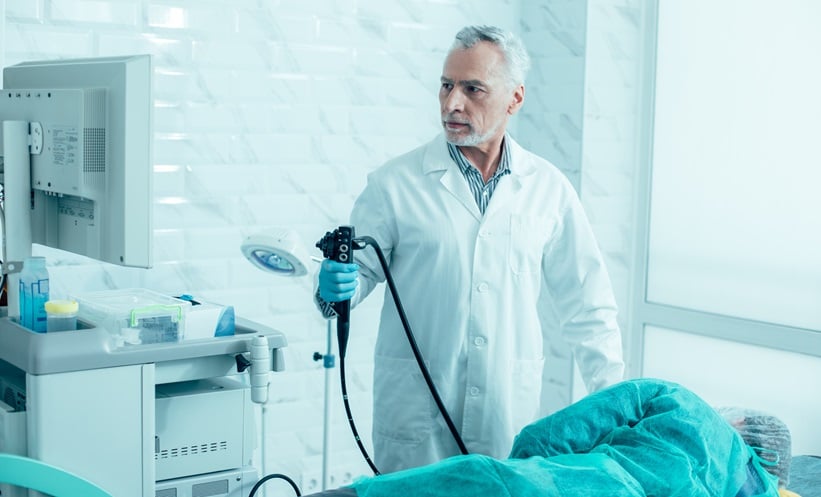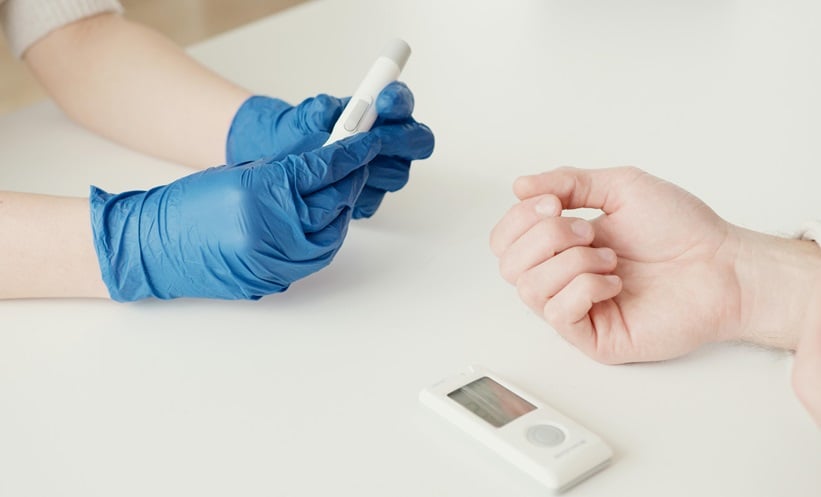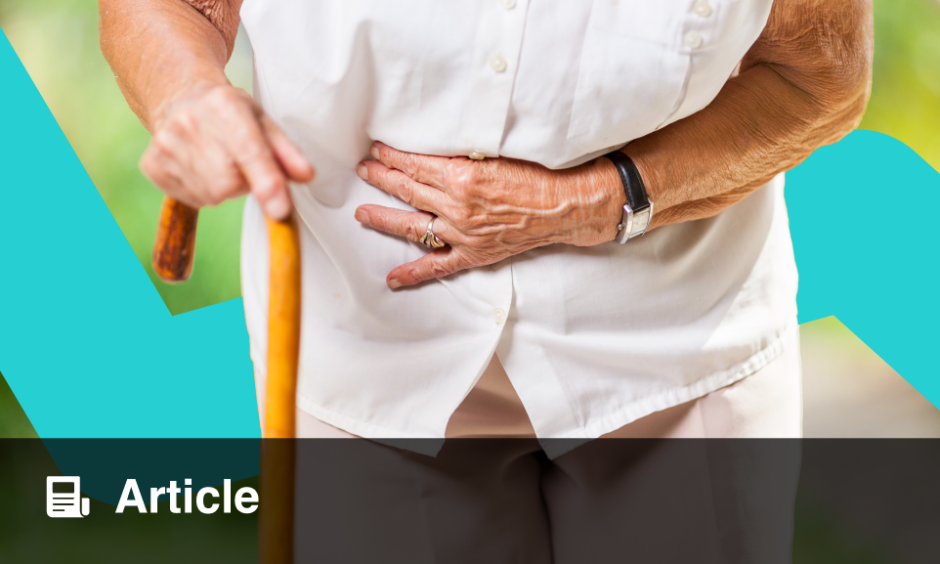USE of glucagon-like peptide 1 receptor agonists (GLP-1RA) is associated with an increased risk of aspiration pneumonia in patients undergoing gastrointestinal endoscopy, according to recent research. This finding adds to the ongoing debate over the use of GLP-1RAs before endoscopic procedures.
GLP-1RAs are effective new drugs in the management of diabetes and obesity; however, their association with delayed gastric and colonic transit times has raised concerns about aspiration risk during procedures requiring sedation. The American Society of Anesthesiologists (ASA) and the American Gastroenterology Association (AGA) have offered differing guidance on whether to halt GLP-1RA use before such procedures, and have both acknowledged the need for more definitive data.
In this context, researchers conducted a population-based, retrospective cohort study using the TriNetX dataset, which includes health records from 80 healthcare organisations. The study focused on adult patients aged 21–70 years who underwent upper and lower endoscopies between January 1st 2018–December 21st 2020, and compared the incidence of aspiration pneumonia in GLP-1RA users versus non-users.
GLP-1RA users were identified as those who had used the medication for over 6 months with at least two refills within 6 months before their procedure. Non-users had no history of GLP-1RA use during the study period. Researchers matched the two groups for potential confounders using propensity score matching, adjusting for 59 factors that could affect gut motility or aspiration risks.
In total, the study analysed 963,184 patients, with 46,935 GLP-1RA users and 916,249 nonusers. Findings revealed that GLP-1RA users had a higher incidence of aspiration pneumonia (0.83% versus 0.63%) and a significantly increased risk (hazard ratio: 1.33; 95% CI: 1.02–1.74; P=0.036). The risk was notably higher in patients undergoing propofol-assisted endoscopies (hazard ratio:1.49; 95% CI: 1.08–2.06; P=0.014) and those undergoing upper or combined upper and lower endoscopies. However, this increased risk was not observed in lower endoscopies alone.
The authors suggested that the elevated risk in upper endoscopies may be due to stomach distension with carbon dioxide and intermittent supine positioning, both of which can increase aspiration risk. They recommended a tailored approach to managing GLP-1RA use based on the type of procedure.
While the study underscores the potential need for withholding GLP-1RAs before certain endoscopic procedures to reduce aspiration pneumonia risk, the authors noted that halting GLP-1RAs can disrupt diabetes management and lead to increased procedure cancellations. The study calls for further investigation into the optimal withholding periods for GLP-1RAs to ensure patient safety without compromising diabetes control.
Ada Enesco, EMJ
Reference
Yeo YH et al. Increased risk of aspiration pneumonia associated with endoscopic procedures among patients with glucagon-like peptide 1 receptor agonist use. Gastroenterology. 2024;167(2):402-404.e3.








